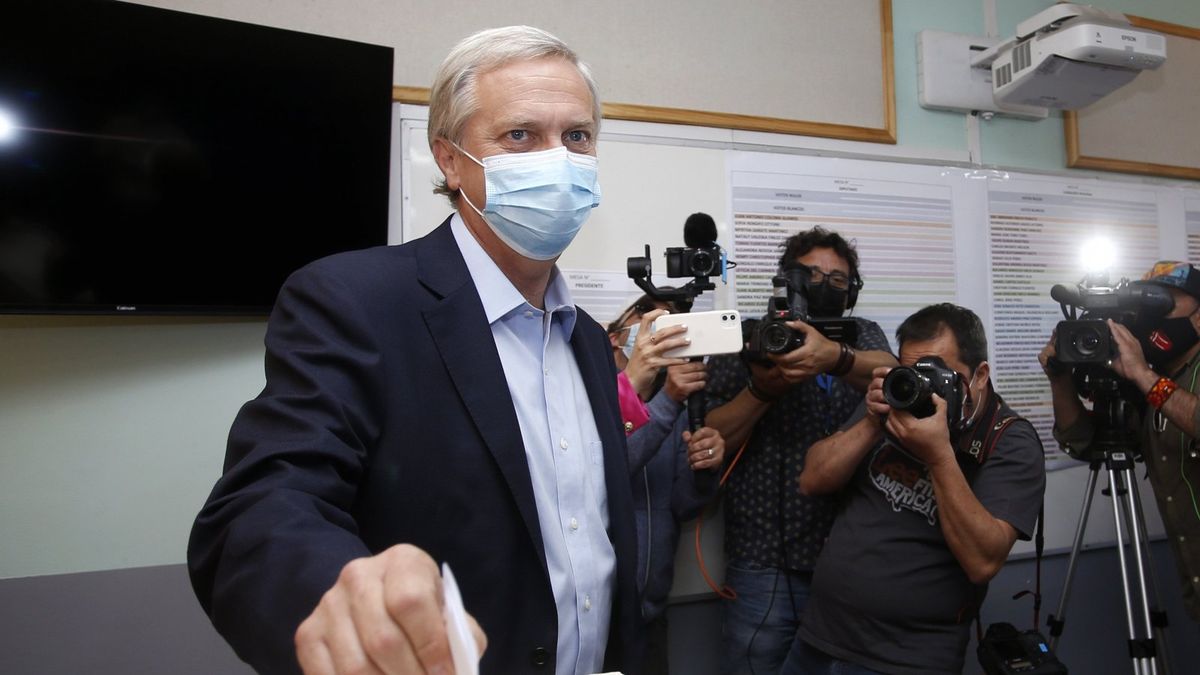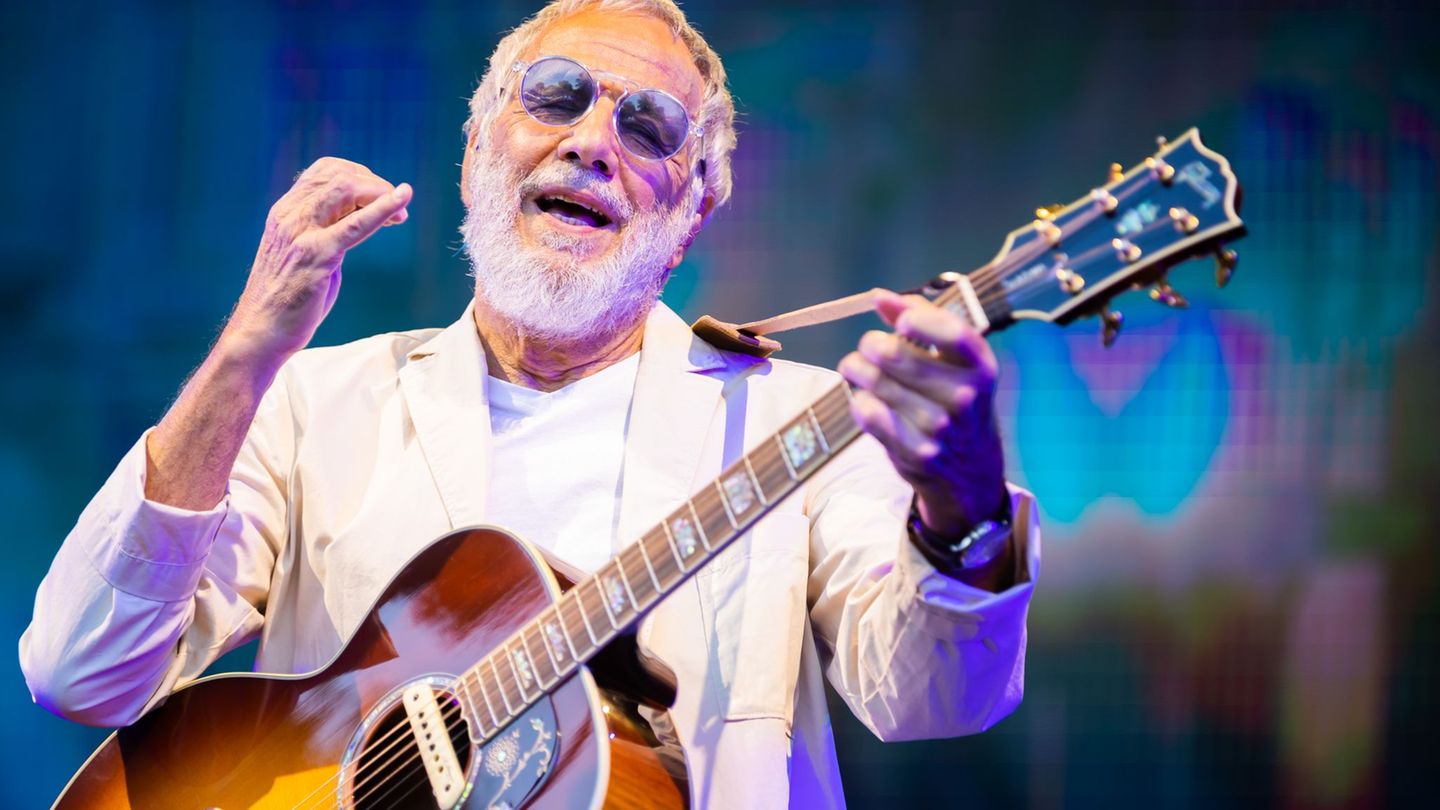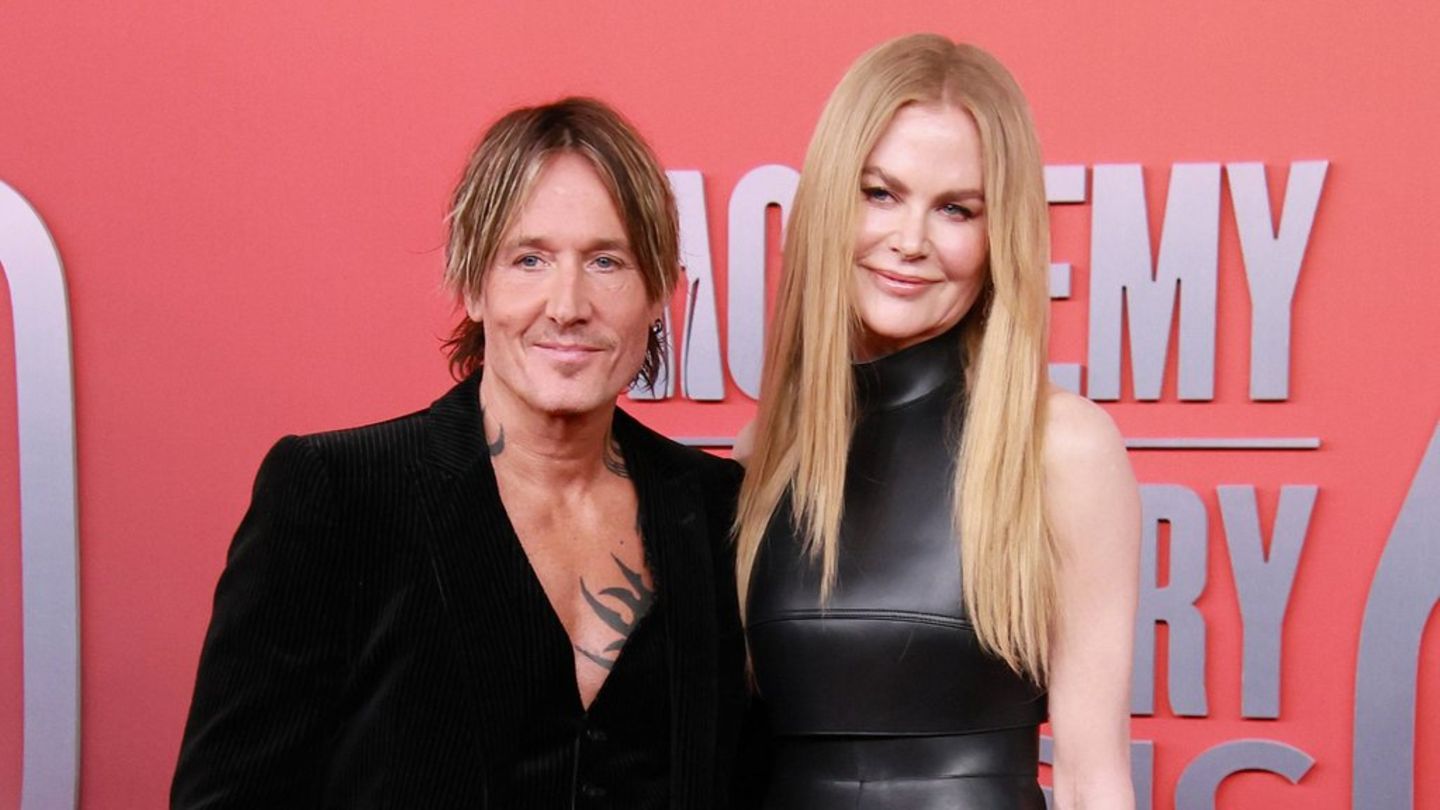In a convoking speech, full of allusions to freedom, the fight against crime and peace, the far-right candidate summoned “those who want the good of Chile” to join in the “enormous challenge” of defeating the leftist at the polls. Gabriel Boric, with whom he will face on December 19.
“Today we have played a majority of Chileans who want a calm and safe country,” said Kast, who spoke to dozens of supporters celebrating his triumph. “The time has come for us to recover Chile.”
With a calm but energetic demeanor, Kast began his speech by saying “thank God” and said that “This December we are not only going to elect a president, we are going to choose between freedom and communism, between democracy and communism.”
The candidate represents the Republican Party and defends the non-liberal economic model imposed during the dictatorship of Augusto Pinochet (1973-1990), in search of a concise State that prioritizes private investment.
“We have to save our opinions and wait that people cast their free vote, in an informed way and hopefully many people will go “to vote, he said to the press this morning, prior to casting his vote.
What does José Antonio Kast propose?
“Do not treat me to the extreme right, because I am not,” he countered to a foreign journalist who urged him to define himself between the classic positions of left and right.
“I hope they rate me as a candidate of common sense“Kast, 55, added in a tense meeting with foreign media correspondents a week before the presidential elections this Sunday.
This lawyer was active for 20 years in the ultraconservative Independent Democratic Union (UDI) party until in 2019 he created the Republican Party that today leads him to his second electoral attempt. In 2017 it had reached fourth place, with 7.93% of the votes.
Kast, married with nine children, is an active member of the Conservative Catholic movement Schoenstatt. The son of German immigrants who arrived in Chile in 1951, his father enlisted in the army during the German Nazi regime, although the candidate has said it was out of “obligation.”
In Chile, his family settled in the town of Paine, on the outskirts of Santiago, where they made their fortune with a factory of traditional German sausages and Bavaria, a restaurant chain from which it dissociated itself a few years ago.
Human rights groups denounce that members of his family collaborated in the arrest of opponents in the town of Paine during the dictatorship of Augusto Pinochet (1973-1990).
In the final stretch of the campaign, His unapologetic assumed Pinochetism once again put him in trouble in a more sensitive Chilean society about this dark period of its history. A part of the population, today a minority, still remembers with nostalgia “order” and the economic boost that they attribute to the general who ruled with an iron fist for 17 years.
Kast’s first public position was as councilor for the commune of Buin (near Paine), between 1996 and 2000. He then jumped to Parliament and was a deputy for four consecutive terms.
In this new presidential foray, he maintains the smile and parsimony that characterize him, although as the election approached, he was more tense after being forced to highlight his well-known admiration for the Pinochet era, which left more than 3,200 dead and missing.
“There is a situation that makes a difference with what happens in Cuba, Venezuela and Nicaragua. I think that Nicaragua fully reflects what did not happen in Chile (with Pinochet): Democratic elections were held and political opponents were not locked up. That makes the fundamental difference, “argued Kast.
From his point of view, the Constitution that was promulgated in 1980 during the Pinochet regime “contained the entire transition to democracy” and the military government handed over power after a plebiscite. “Tell me, what dictatorship has done that?”
The phrase reinstated the main criticism that weighs on his shoulders. His defense of the Chilean dictatorship, especially for its economic achievements, despite serious human rights violations.
“Kast represents the most recalcitrant of the Chilean right, which unfortunately continues to be a hard core of pinochetism, authoritarianism and xenophobia,” Claudia Heiss, a political science academic at the University of Chile, told AFP.
But he – he adds – has something different from the more traditional Chilean right: “The trend of international right-wing populisms; Kast feeds on Bolsonaro, Trump, dances on Tiktok, does ridiculous things that its predecessors would not have done to appeal to a popular segment that wants order“.
In his government program, he proposes a reduction in public spending, a tax reduction and the elimination of various ministries, including that of Women.
He is the only one of the seven candidates who proposes to maintain the private pension system established during the dictatorship, highly criticized in public opinion.
Raises the intervention of the Armed Forces in the region of La Araucanía, in the south of Chile, burdened by the conflict with indigenous Mapuches and raising the prison sentences for common crimes.
In one of the most controversial parts, it proposes within a state of Exception the detention in houses or places other than the prisons of opponents and the closure of the National Institute of Human Rights, in addition to the construction of a ditch to prevent the entry of immigrants irregular.
Also the repeal of compensatory benefits to victims of human rights violations during the dictatorship and the creation of an “International Anti-Radical Left Coordination”.
Source From: Ambito
David William is a talented author who has made a name for himself in the world of writing. He is a professional author who writes on a wide range of topics, from general interest to opinion news. David is currently working as a writer at 24 hours worlds where he brings his unique perspective and in-depth research to his articles, making them both informative and engaging.




